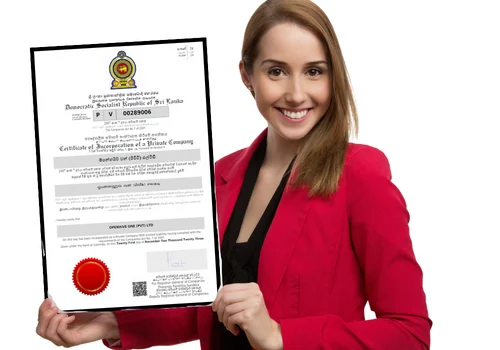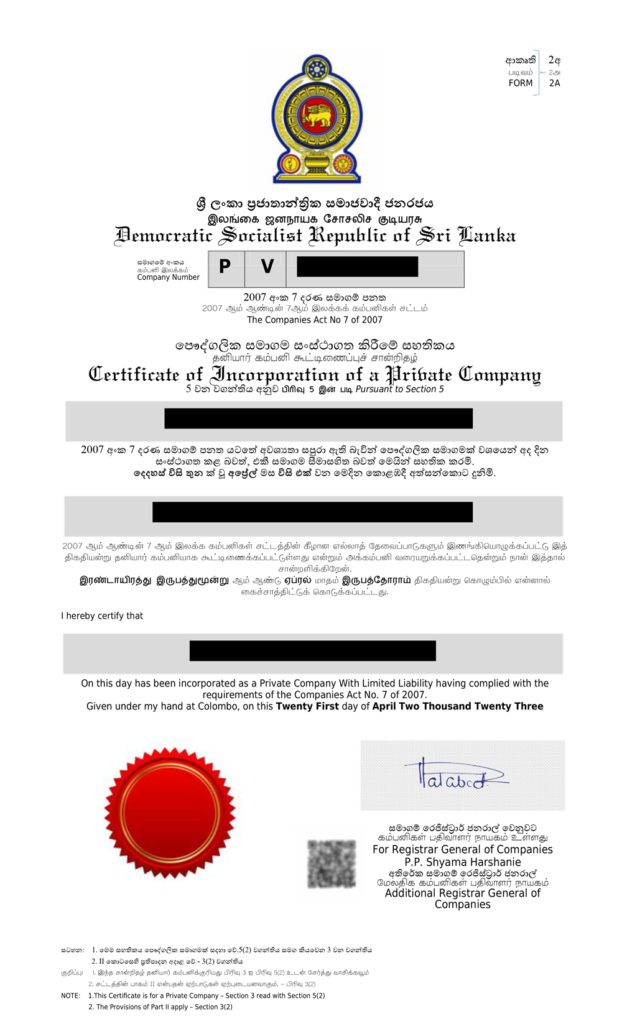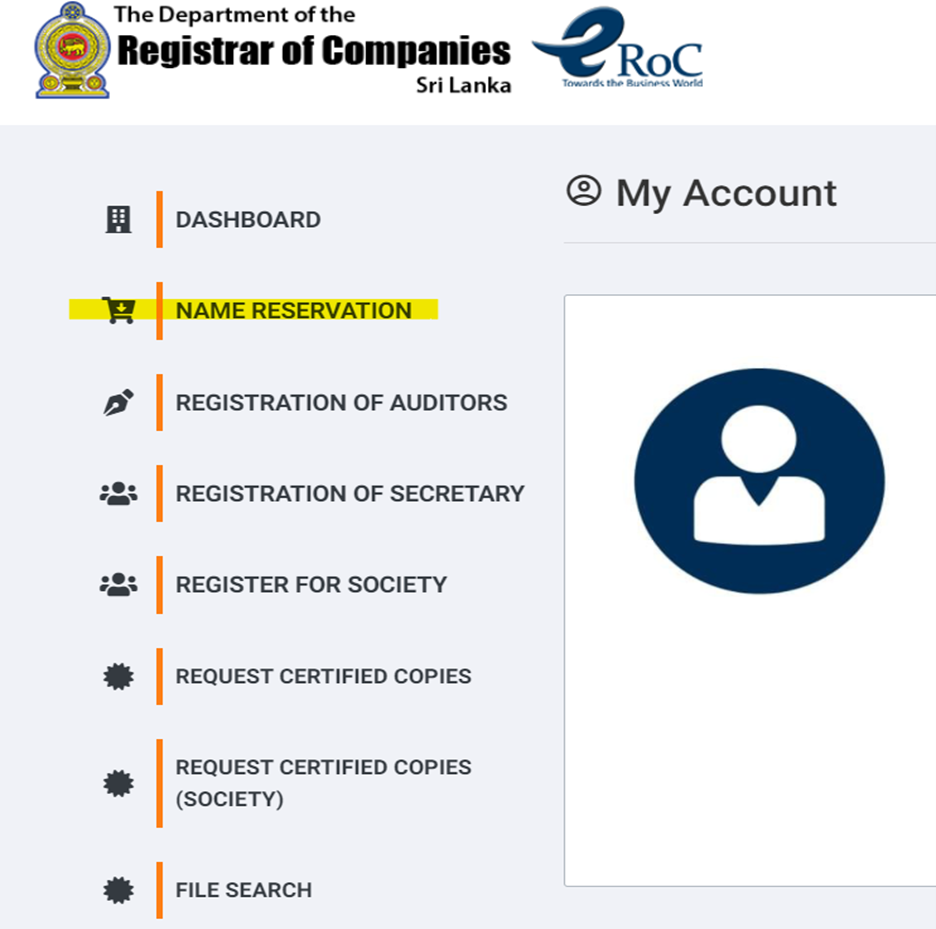
Registering a new business in Sri Lanka is a straightforward process, but it requires following the correct legal procedures and documentation. Here’s a detailed guide to help you start your entrepreneurial journey in Sri Lanka.

1. Choose Your Business Structure
In Sri Lanka, the common business structures include:
- Sole Proprietorship
- Partnership
- Private Limited Company
- Public Limited Company
You should select a structure that suits your business needs, as this will affect your taxes, liability, and registration process.
2. Business Name Registration
Choose a unique name for your business. The name must be registered with the Registrar of Companies (ROC). Before proceeding with registration, check the availability of your chosen name on the Department of Registrar of Companies website.
3. Obtain a Business Registration

To legally operate in Sri Lanka, you need to obtain a Business Registration through the Department of the Registrar of Companies. The process involves:
- Submitting the business name, address, and relevant documents.
- Filling out the Form 1 for business registration.
4. Obtain a Taxpayer Identification Number (TIN)
All businesses in Sri Lanka must register with the Inland Revenue Department (IRD) to get a TIN. This number is required for tax purposes.
5. Register for VAT and Other Taxes (if applicable)
If your business is expected to earn over a certain threshold, you will need to register for Value Added Tax (VAT) and other indirect taxes with the Inland Revenue Department.
6. Obtain Necessary Licenses and Permits
Depending on the nature of your business, you may need specific licenses. For example, retail businesses need a Trade License from the local Municipal Council or Urban Council.
7. Open a Business Bank Account
Once the business is registered, open a separate bank account in the name of the business. This is essential for proper financial management and tax purposes.
8. Register Employees with the EPF/ETF
If you hire employees, register them with the Employees’ Provident Fund (EPF) and Employees’ Trust Fund (ETF) for social security.
9. Complete Other Industry-Specific Requirements
Depending on the industry (food, health, construction), there may be other specific regulatory requirements. Make sure to comply with all laws.









Comments are closed.